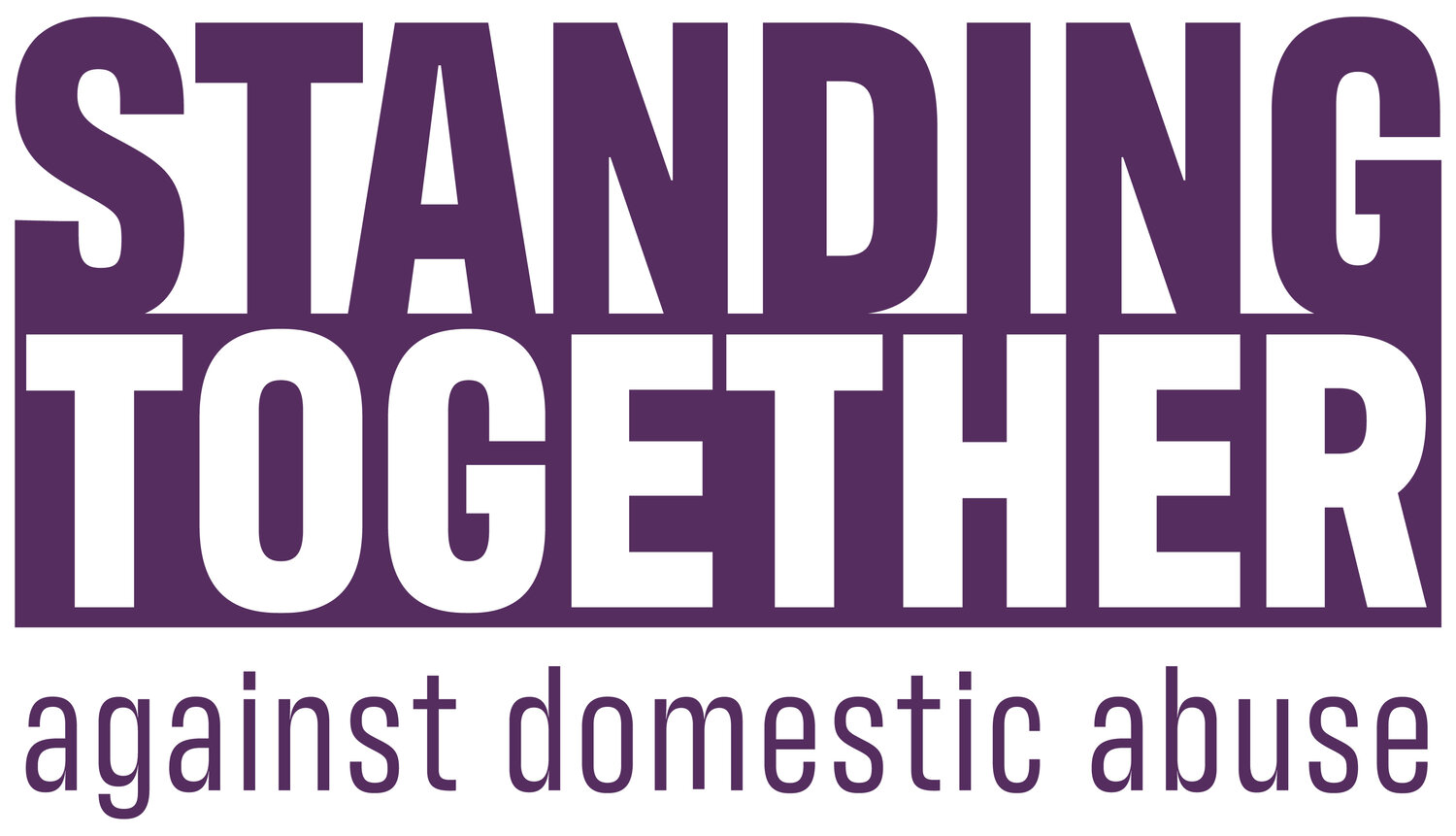FiLiA Hague Mothers and Hague Explained: A CCR Network Workshop on Survival, Solidarity and Urgency
CCR Network Workshop: Domestic Abuse and the Hague Abduction Convention
Date: Wednesday, 25 June 2025
Time: 15:00–16:30 BST
Location: Online via the Coordinated Community Response (CCR) Network CCR Network Webinar - Hague Mothers Tickets, Wed 25 Jun 2025 at 15:00 | Eventbrite
Reach out to ccr@standingtogether.org.uk for any questions.
An Urgent Call for a Whole-System Response
The CCR Network is proud to host a powerful and timely, interactive workshop led by Hague Mothers and Hague Explained CIC, in partnership with FiLiA. This event brings together lived experience, frontline advocacy, and a collective commitment to system-wide change.
At the heart of this event are Anita Gera, a survivor and co-founder of Hague Explained, and Ruth Dineen, international coordinator of FiLiA Hague Mothers. Their voices—rooted in experience and justice—call for coordinated, compassionate, and informed action to protect mothers and children affected by The Hague Abduction Convention.
“My crime is being a victim of domestic violence in a foreign country.”
For mothers who flee or attempt to escape domestic abuse across international borders with their children, the Hague Convention on the Civil Aspects of International Child Abduction (1980) is often weaponised against them. Though intended to ensure the prompt return of abducted children, the Convention has resulted in thousands of abused women being treated as criminals for trying to reach safety.
Nearly all Hague cases involve mothers as the 'taking parent' — many fleeing coercive control, abuse, and danger. These cases move fast, often with just six weeks to a hearing. There is rarely time to prepare, get legal advice, or understand what’s happening. These mothers face extraordinary barriers—language, isolation, unfamiliar laws, no family support — and are often met with silence or misinformation.
"The court hearing was bizarre. I was being treated as a criminal and having to justify why I was trying to give my three children a safe, stable home and an education. If I had not had family support and money to fight the case, I believe I would be dead."
"I was forced to return, only to find that he refused to honour his undertakings to move out of the family home, pay maintenance, and to allow the children to remain in my care. Instead, he met us at the airport with two police officers and a warrant for my arrest."
This workshop highlights how CCR principles—multi-agency, survivor-informed, joined-up working—are critical in Hague-related cases. The response must be immediate, intersectional, and coordinated.
Ruth's Journey: From Discovery to Activism
"I met a woman online who was fleeing her abusive husband. I wanted to help—but everything I suggested, she rejected. Then I discovered she was also fleeing The Hague Convention. I’d never heard of it before."
What began as one woman’s story led Ruth to uncover a global pattern of injustice. Through FiLiA, the feminist organisation that amplifies silenced voices and builds international sisterhood, FiLiA Hague Mothers was born. When the project was launched in 2022, Anita and Ruth focused on working towards raising awareness, shift systems, and demand protection for mothers and children.
"Anything that can be done across organisations to coordinate responses is enormously beneficial. A mother might be thinking about leaving—without knowing she could face arrest or imprisonment. We must recognise these signs early."
Ruth's co-production roots guide this work: not just top-down policy, but listening, sharing, and doing this with survivors.
Anita’s Story: “I haven’t seen my children in 10 years”
Anita, a survivor and activist, was returned under Hague proceedings and lost everything — her children, home, job, pension, and safety. She was homeless for a year and spent four on Universal Credit. But she rebuilt. She co-founded Hague Explained, a Community Interest Company designed to make The Hague Convention understandable, accessible, and visible.
"We called it Hague Explained because that’s what we do — we explain what the Hague Abduction Convention is about, in a way people can access. We present the facts, the statistics. And they speak for themselves."
Anita also holds a Master’s degree in Woman and Child Abuse and takes a nuanced approach in her training — using data and real stories to let people see the truth of how gendered and violent the Hague process can be, without alienating organisations.
"You can have orders of protection, a non-molestation order, even be in a refuge — and none of it matters when Hague proceedings begin. International law trumps domestic law. It moves fast. We need people to know that."
Anita is involved in two distinct training programmes, both offering vital insights into The Hague Abduction Convention. Hague-Ex (HEx) Training is a practical, interactive programme specifically designed for global organisations and their families to understand the risks and realities of Hague-related cases.
In parallel, Anita co-developed a CCR Network workshop in collaboration with FiLiA Hague Mothers, which focuses specifically on domestic abuse and the Hague Abduction Convention. This session supports professionals to identify risk early, ask the right questions, and respond quickly and effectively. The workshop walks participants through every stage of the Hague journey — whether a mother is considering leaving, has already left, is facing a petition, or has had a return enforced.
"We tried to cover everything a mother might need to know—or a frontline worker might need to recognise—so they can act with speed and care."
Whether you're in housing, legal services, healthcare, domestic abuse support, or social work, understanding how the Hague Convention affects survivors is critical. You may already know a mother at risk—and not realise it.
The CCR Network exists to break silos, bridge gaps, and build relationships that change outcomes. As Ruth says:
“This must not be a sector-by-sector response. We need a whole system approach—everyone working together, informed, equipped, and compassionate.”
Join us to hear Ruth and Anita's powerful testimonies, explore how systems can protect rather than punish, and learn how you—and your organisation—can respond differently.
